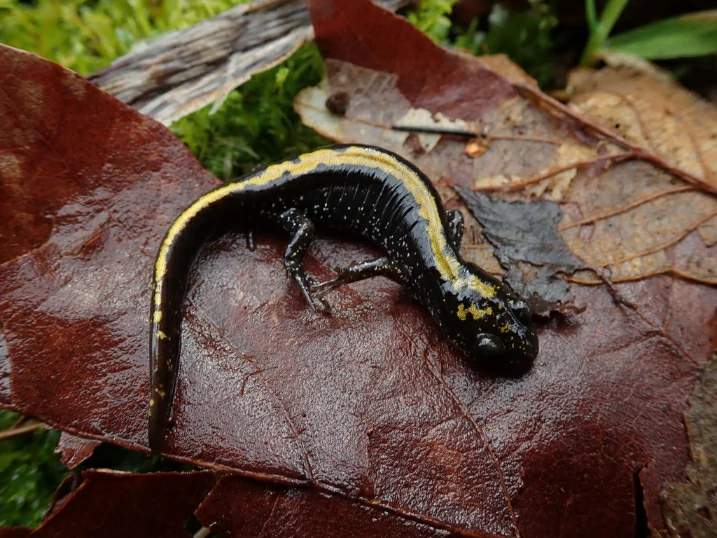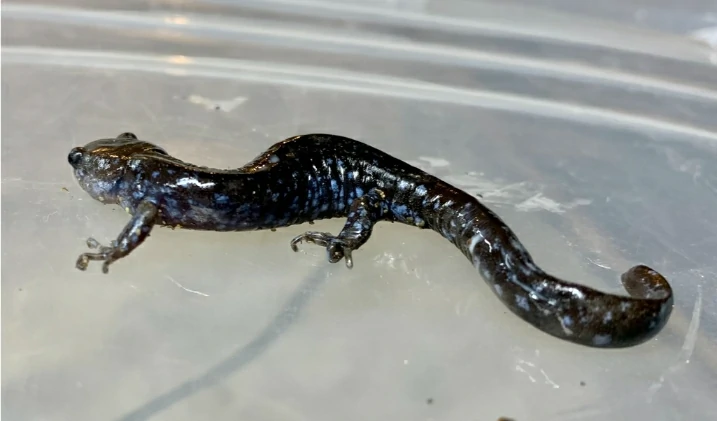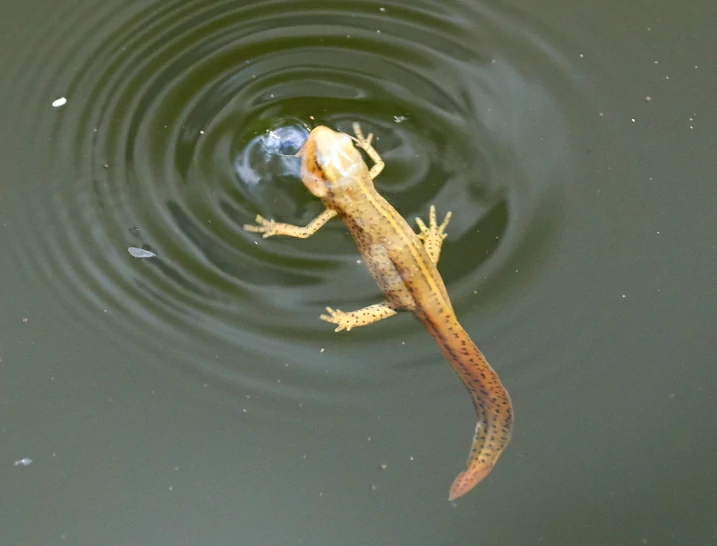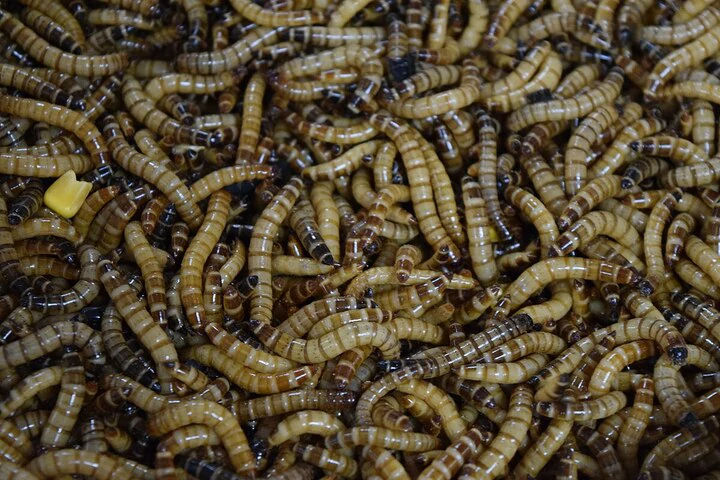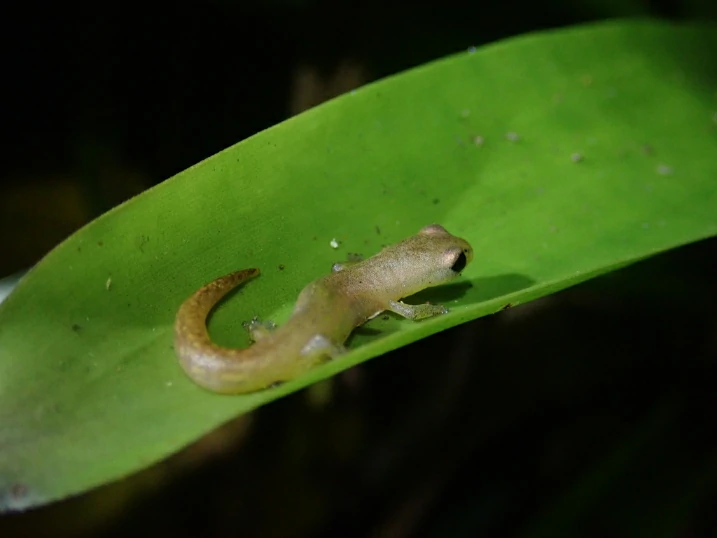Can Salamanders Eat Beetles?
Salamanders are small, quiet predators that live in forests, wetlands, and gardens. They walk slowly through leaves and moss, waiting for something small to move nearby. If you’ve seen beetles crawling around outside, you might wonder if salamanders ever eat them. Yes, salamanders can eat beetles, but only if they are small, soft, and safe. … Read more

